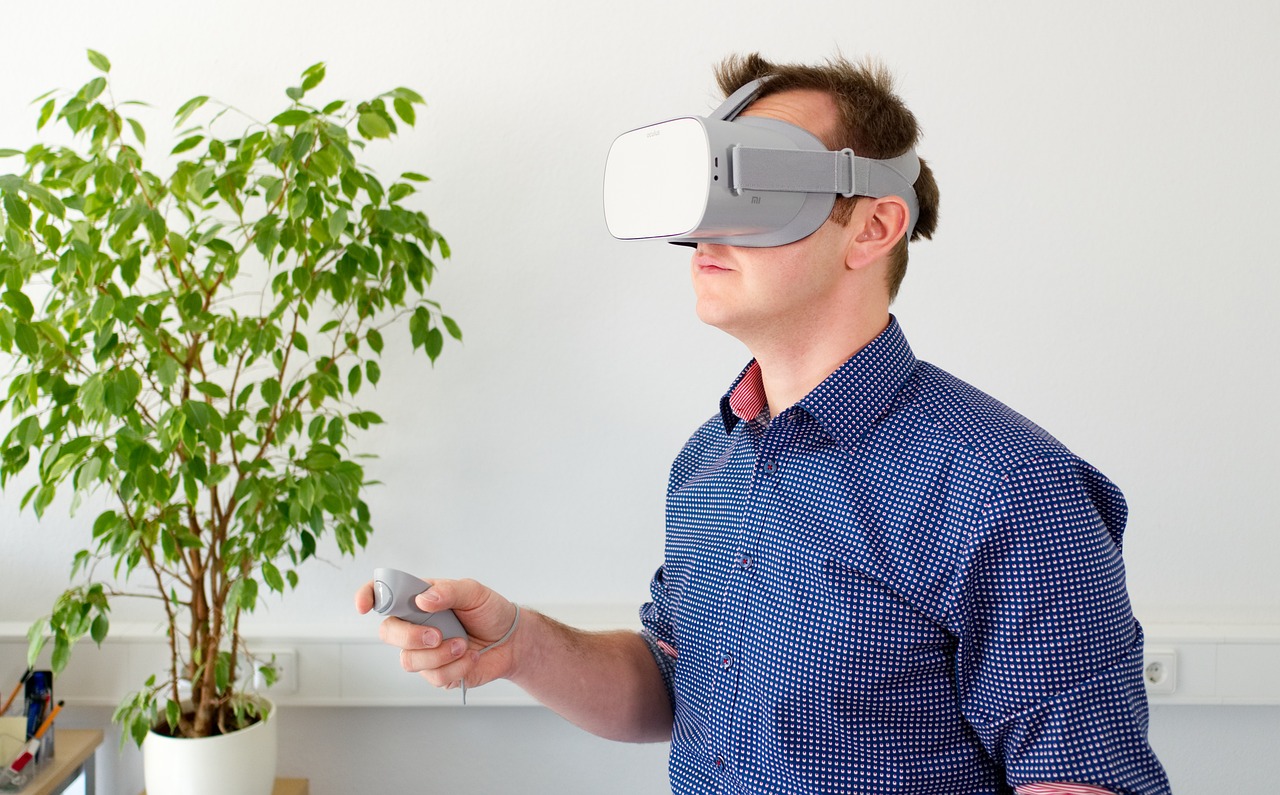Augmented Reality (AR) is likely to become more mainstream in the coming years, as the technology continues to improve and the cost of hardware decreases. With this, AR could have a large impact across a number of industries, including education, healthcare, manufacturing, and retail. AR’s immersive experience lends itself nicely to many facets of our lives.
So what’s the future of AR?
About AR
Augmented Reality means you’re overlaying images over the world around us. This is usually done with glasses which super-impose the images over the current surroundings.
In some ways, we might see AR as a TikTok filters, or how a store might use AR to place a product in your home. The IKEA Place app, for example, allows you to see what their furniture would look like in your home. Unfortunately, AR won’t help you put it together.
We call the result of AR a composite view. The overlayed content may be texted, images, video, 3D models, and sound over a user’s view of the real world.
Although AR is a fully functioning technology already providing benefits to our world, it remains in its early stages and has the potential for revolutionizing our world in much more profound ways.
Where is AR Currently Used?
We mentioned Ikea place, but Ikea isn’t the only one using AR.
Pokémon Go uses AR to overlay virtual Pokémon characters onto the real world.
Microsoft’s HoloLens is a pair of AR glasses that allow users to interact with digital objects in the real world.
We would consider Google Translate as AR for text translation.
Car maker Audi offers now augmented reality technology.
And this is only a short list.
The Future of AR is Gaming
As we’ve mentioned AR has a future in a number of verticals. But the one we focus on the most certainly is gaming.
AR games are already becoming popular, and they are only going to get more immersive and interactive in the future.
Imagine playing a game where you experience the game’s characters in your house, or on the streets of your neighborhood. That’s the future of gaming.
There’s a number of AR games already taking the market by storm.
Ingress is a geocaching game where players compete to control territory by placing virtual portals and capturing them. The game was created by Niantic, the same company that developed Pokémon Go. We mentioned Pokemon Go earlier as using AR technology, so this is no surprise that they’d help expand into other games.
The Walking Dead: Our World is an AR game based on the popular The Walking Dead TV series. Players must collect resources, build their shelter, and fight zombies in the real world.
And that’s just a few.
The future of AR is still uncertain, but it has the potential to revolutionize the way we interact with the world around us. As the technology continues to develop, we can expect to see even more innovative and exciting applications of AR in the future.
